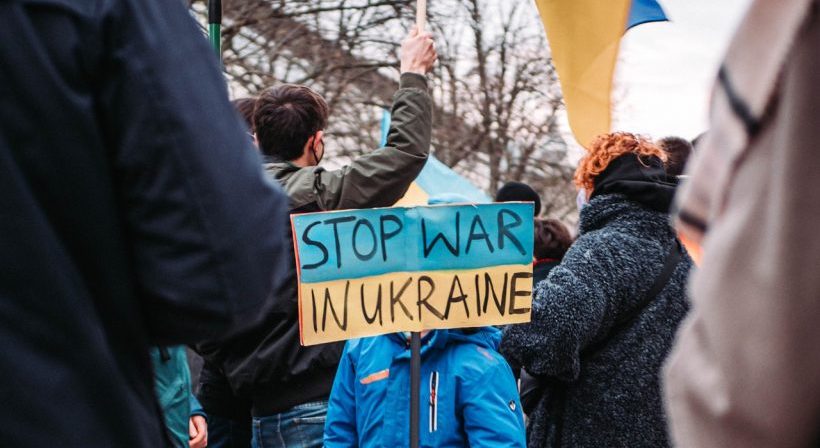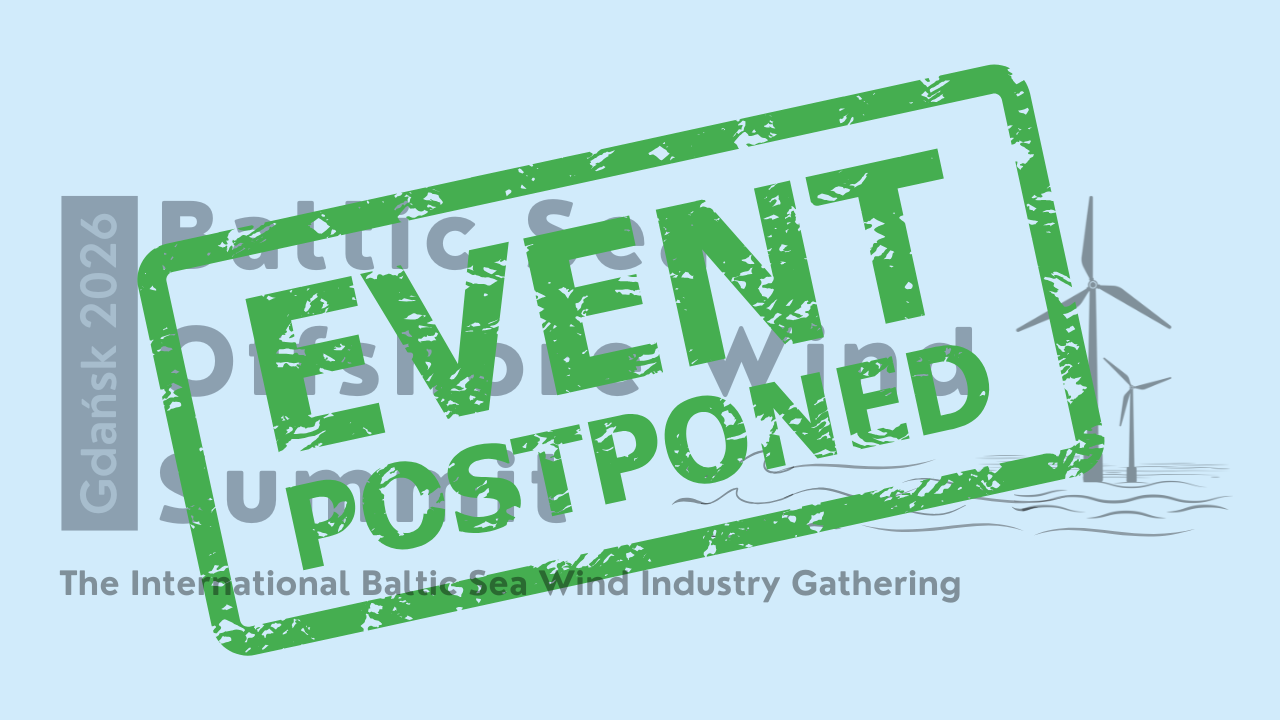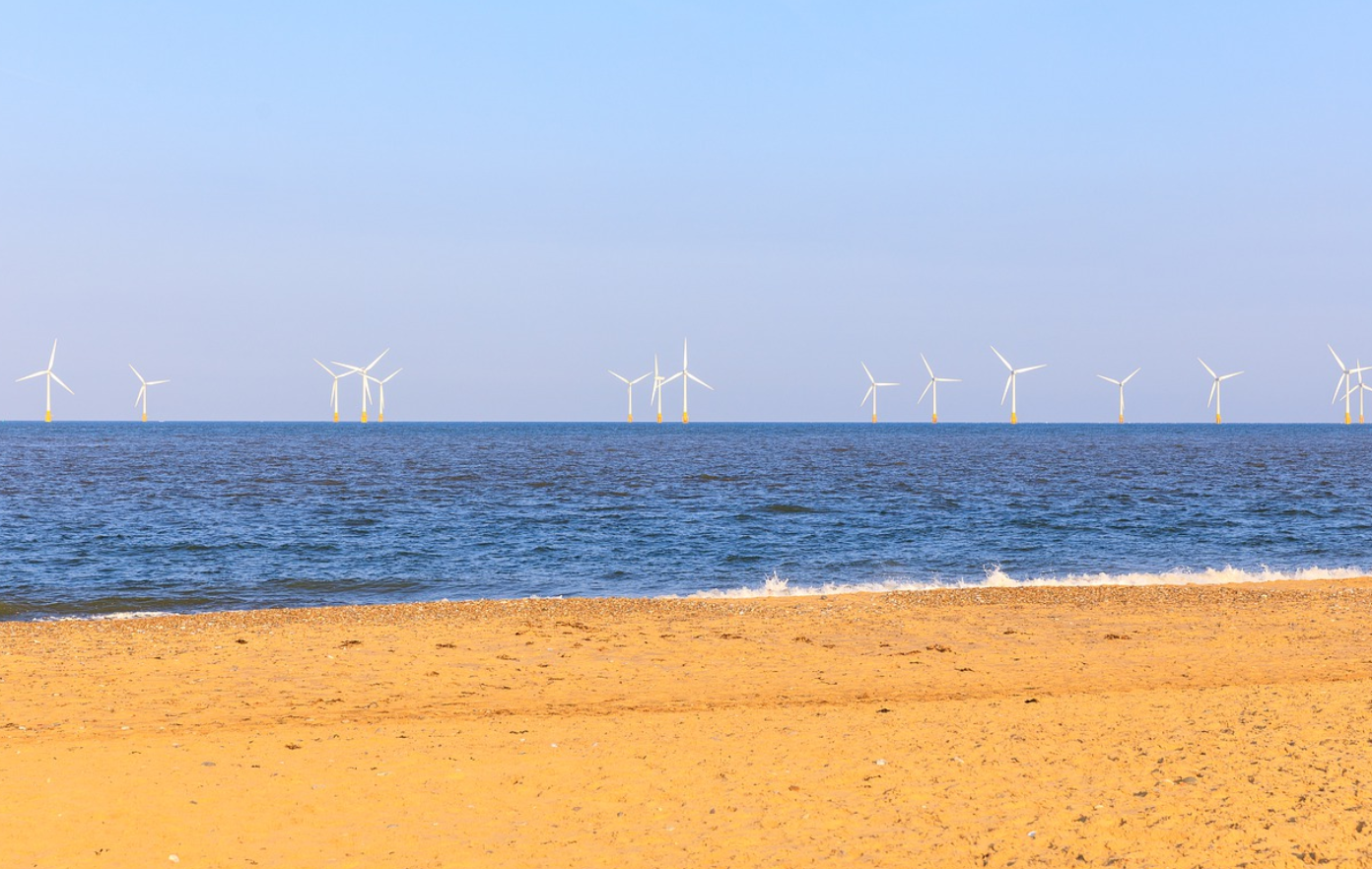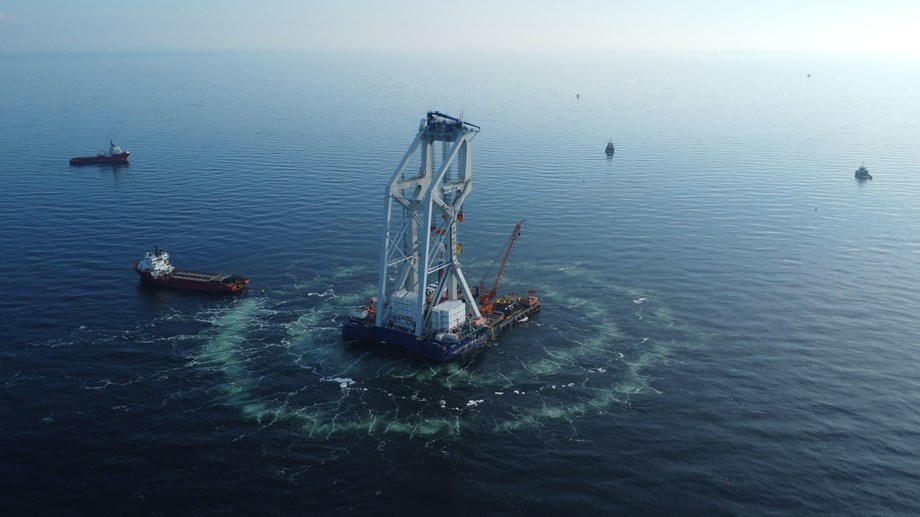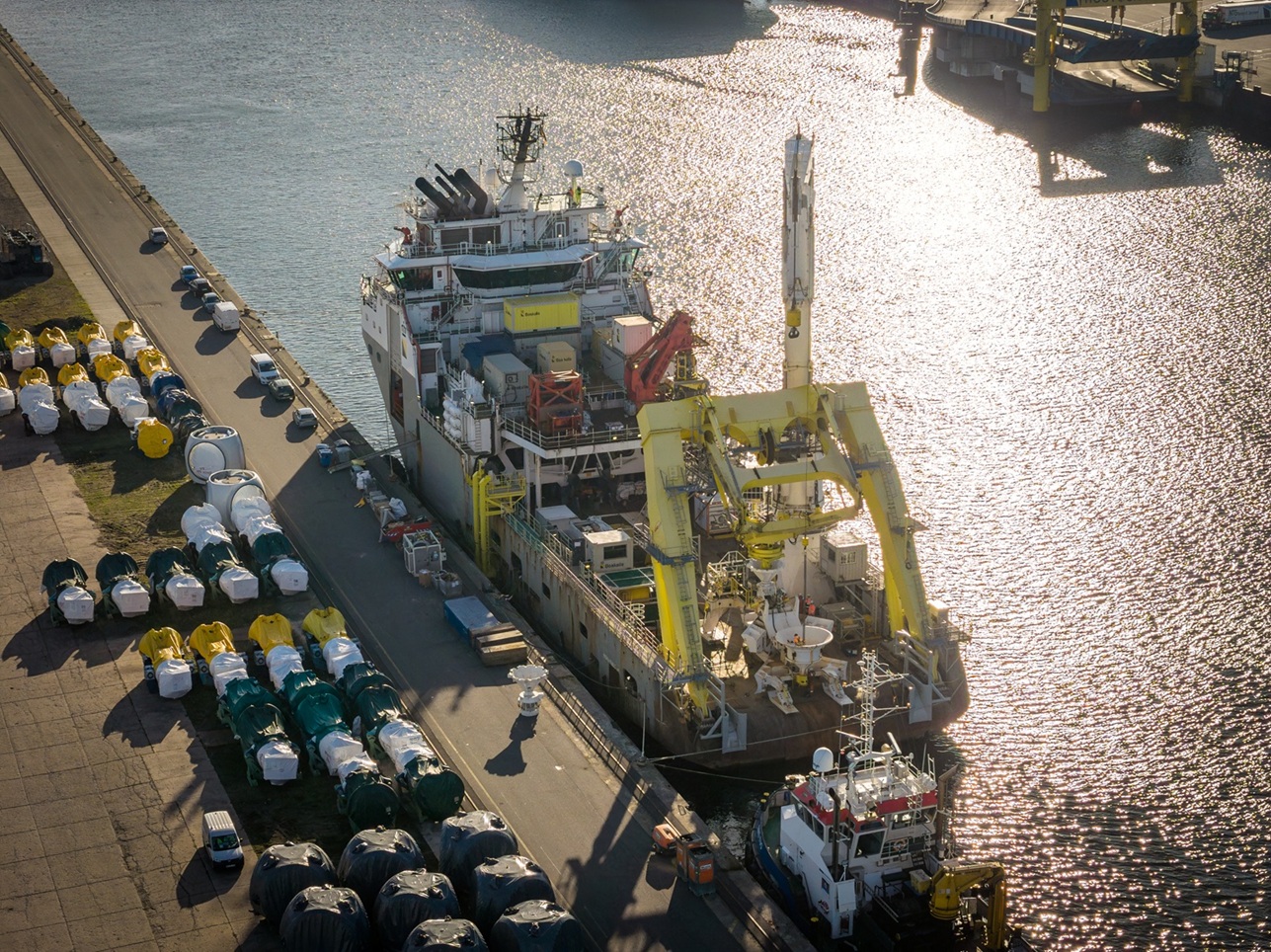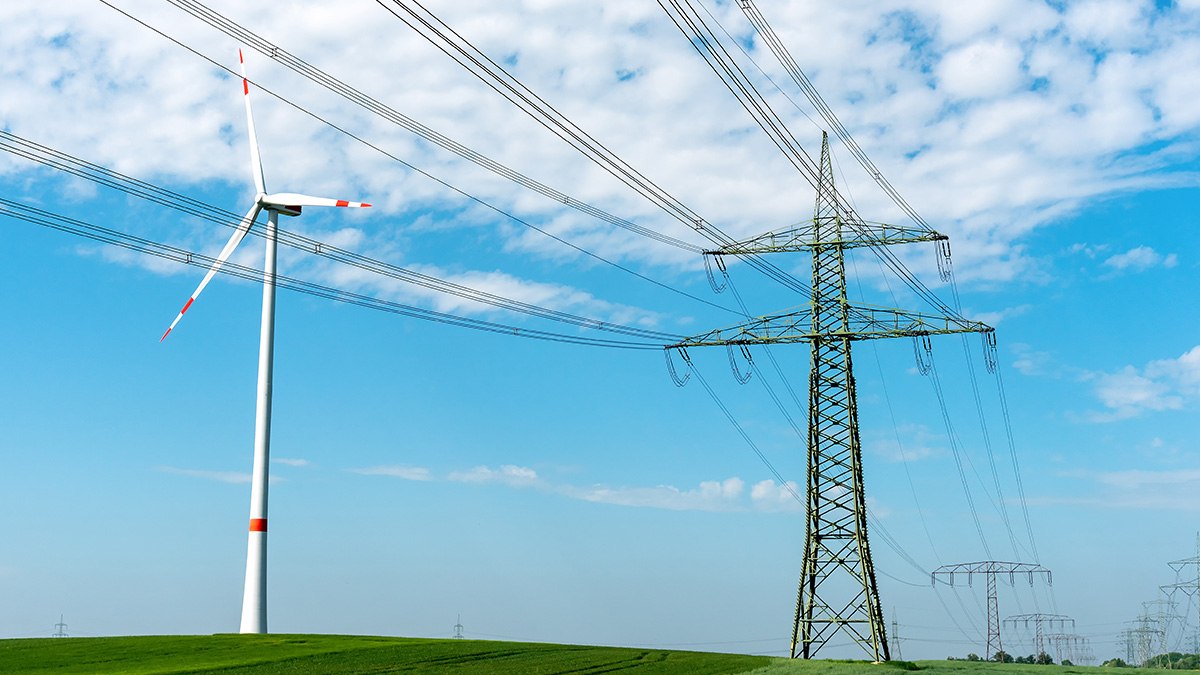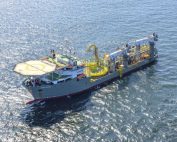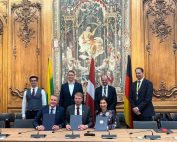Last week, when Russia brutally attacked Ukraine triggering a war just across the border of the European Union, is a moment in history when the development of the offshore wind industry must also be viewed through the prism of these tragic events. Ukraine’s independence has been compromised, and so has Europe’s security. In this context, it is impossible not to mention the role of Russian oil and gas companies. They play a very important role in Kremlin’s politics and now – at war. Manipulation of gas and oil prices and financing Putin’s regime are the tip of what needs not only condemnation but real action.
Today, we are faced with the need to reevaluate current energy policy, including a change in the approach to fossil fuels dependence on Russia. This is not only a task for EU structures and member state administrations. It’s also a challenge for the energy sector. Wind industry leaders should particularly show sensitivity and concrete action. More declarations are being made in recent days. In most cases, we are still waiting for details on how they will be implemented.
In many cases, the actions that need to be taken will result in lower profits for companies, higher costs for customers, often having to make great efforts to change their business models, and sometimes even personal renunciation like having to give up jobs. No doubt there will also be problems in the energy supply. However, cold calculations about financial costs must give way to decency.
Disappointing were the words of the CEO of the Danish giant Orsted, Mads Nipper, who on Saturday 26.02 on Twitter indicated that breaking the contract with Gazprom would be devastating, it would mean a lack of energy in Danish homes or companies, and if gas was to be bought on the market it would probably be Russian anyway. Such an opinion is highly questionable, since in the EU almost 60% of gas is imported from outside Russia. Moreover, Denmark is the only country in the EU that is a net exporter of gas (5.8% based on Eurostat data, EU Energy In Figures 2021). Another Orsted post, published a day later, was more heartening. It showed much more empathy. The company announced that it will not enter into new contracts with companies from Russia and the verifying the fact of a lack of participation of direct suppliers from Russia. I am convinced that it is worth extending these measures also to indirect suppliers from Russia and other non-democratic, countries that commence wars. Moreover, it was recommended for coordinated steps to be taken at the EU and UK level to address Gazprom. We are content with the Danish declaration that all political sanctions on gas supply will have full support and will be implemented immediately.
Norwegian Equinor also released a statement earlier this week. They did so a day after the Oslo government’s decision to join the sanctions and that Norway’s Government Pension Fund, which is the world’s largest investment fund, would divest all Russian assets. Equinor has also decided to make a move of ceasing its investments in Russia. Furthermore, they started withdrawing from joint ventures with Russian entities. Given the large scale of engagement in the Russian market, this will be a major challenge. Therefore, these plans should be evaluated positively, but at the same time – we should ask about the details. Above all, in what time frame it will be implemented?
Analyzing the reactions of energy giants, the declarations of BP, Shell and Vattenfall are also noteworthy. While not about wind power, they show its intentions. BP announced that it will sell about 20 percent of stakes in Russia’s state-owned Rostneft, and BP CEO Bernard Looney resigned from the Russian company’s board. Shell informed about its intention to exit joint ventures with Gazprom and related entities. Shell also intends to end its involvement in the Nord Stream 2 pipeline project. Vattenfall, on the other hand, has decided that no planned deliveries from Russia to its nuclear power plants will take place until further notice.
Unfortunately, so far there is a lack of positions and concrete steps from other major energy industry companies. This is important because the Baltic Sea area requires decisive action to ensure investment security. Observing the stirring of citizens and governments in all 8 countries in the region, it is clear that this is one of the priorities shared by Tallinn, Riga, Vilnius, Warsaw, Berlin, Helsinki, Stockholm, and Copenhagen.
Terminating the dependence on Russian gas and oil is, of course, primarily a task at the level of the EU and governments. However, we should expect companies leading the energy transition to lead by example. Now is the time for concrete solutions on how to free ourselves from the dependence on fossil fuels for which the Kremlin funds its military. An ambitious voice from the giants of the offshore wind industry would be very welcome. We encourage the offshore wind industry to show other industries how to deal with the war caused by Russia. Moving away from cooperation with companies like Gazprom and Rosneft should be a priority. They should not be treated as ordinary business entities. This is a matter of decency that goes beyond ESG principles. Corporate responsibility can be realised not only by severing these business relationships, but also by replacing Russian resource companies as major sponsors in Europe. I am convinced that huge crowds of sports fans are waiting to watch Champions League games advertised by leaders of the wind industry instead of having to watch Gazprom’s logo in the background of a football match. Especially since the penalty for brutality in soccer is a red card and rejection from the field in the name of fair play. It would be worthwhile to treat these principles universally in business as well.
Paweł Wróbel, Managing Director, BalticWind.EU
